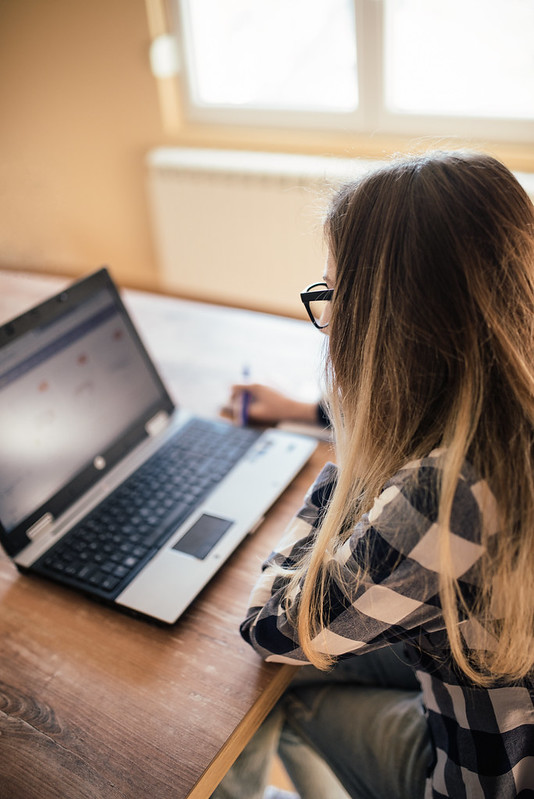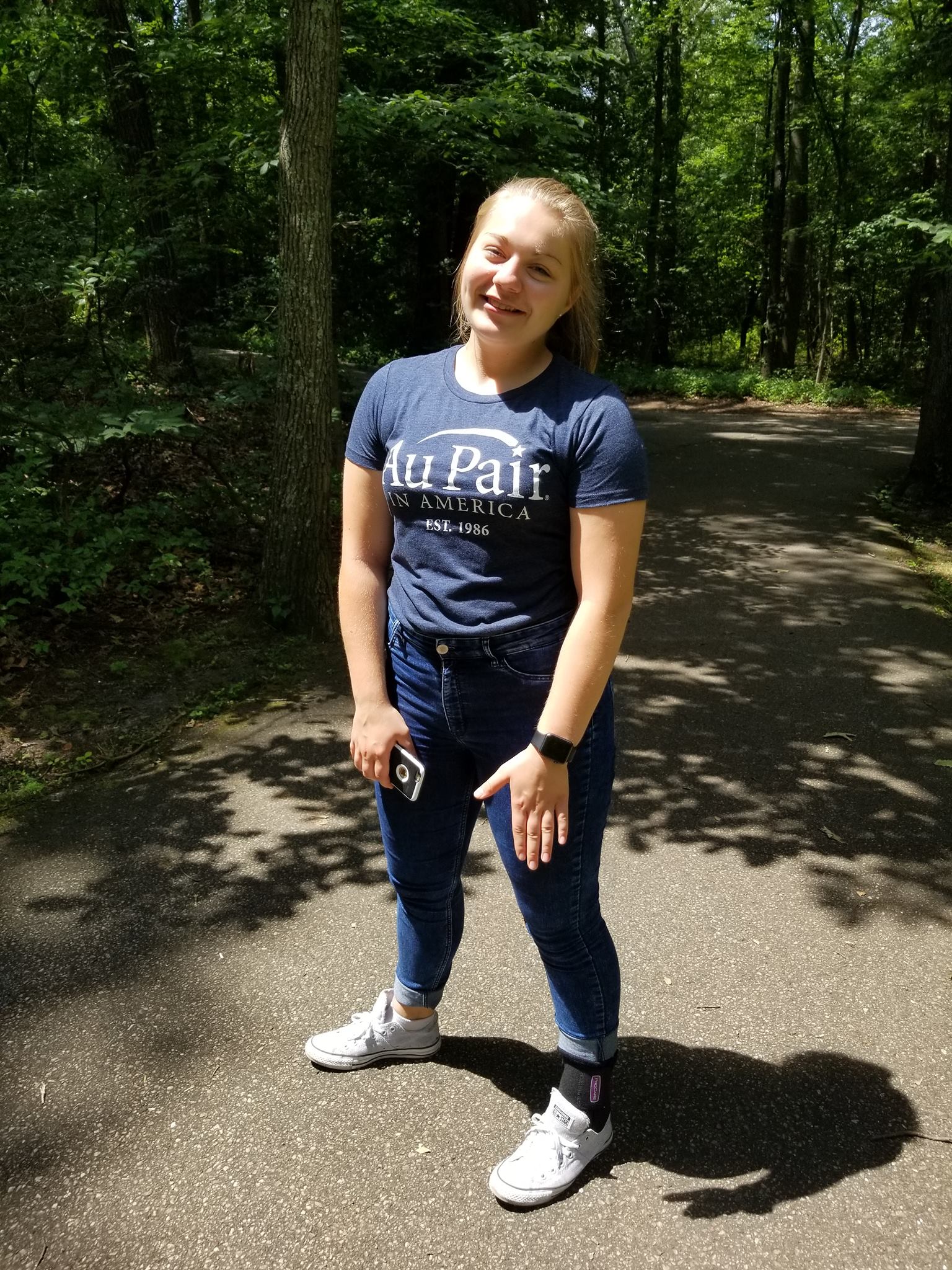“Rest and be thankful.” – William Wordsworth
Holidays and vacations are a great opportunity to rest, recharge and explore the U.S.
Memorial Day Weekend is the unofficial start of the summer travel season. Here are some reminders about program rules regarding holidays, vacations, and international travel.
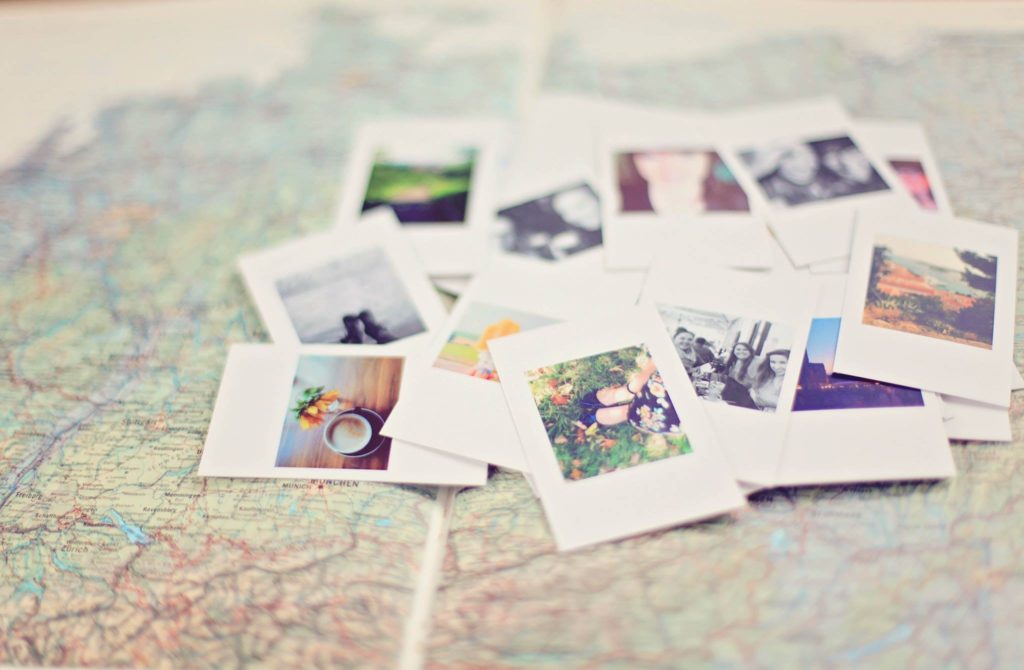
Holidays
- Host families are not required to give au pairs off on any specific holidays.
- Each host family will make different arrangements for holidays, some au pairs will be off and others will be required to work.
- Au pairs should not make plans for holidays without checking with their host family first.
Vacations
- During the pandemic, it is important that au pairs and host families discuss what travel and activities are an acceptable level of risk before plans are made.
- Au pairs earn 2 weeks of paid vacation during the course of their year.
- Vacation time should be mutually agreed upon.
- All vacations should be preplanned (at least 4 weeks in advance).
- All au pair’s friends and/or family visits/vacations should be pre-approved prior to purchasing tickets.
- If an au pair travels with her host family, it should be discussed in advance whether this is the au pair’s vacation or if she is working.
- If an au pair travels with the host family to work, the host family is required to pay for her transportation, lodging, and meals. Regulations still apply while on vacation (i.e. not working more than 10 hours/day and 45 hours/week, minimum 1 1/2 days off, and private bedroom).
Travel Outside of the U.S.
Photo: Leah Kelly from Pexels

 Au Pair in America is discouraging international travel during the pandemic for multiple reasons. Here are some resources to help you understand the process and risks, so you can make an informed decision.
Au Pair in America is discouraging international travel during the pandemic for multiple reasons. Here are some resources to help you understand the process and risks, so you can make an informed decision.

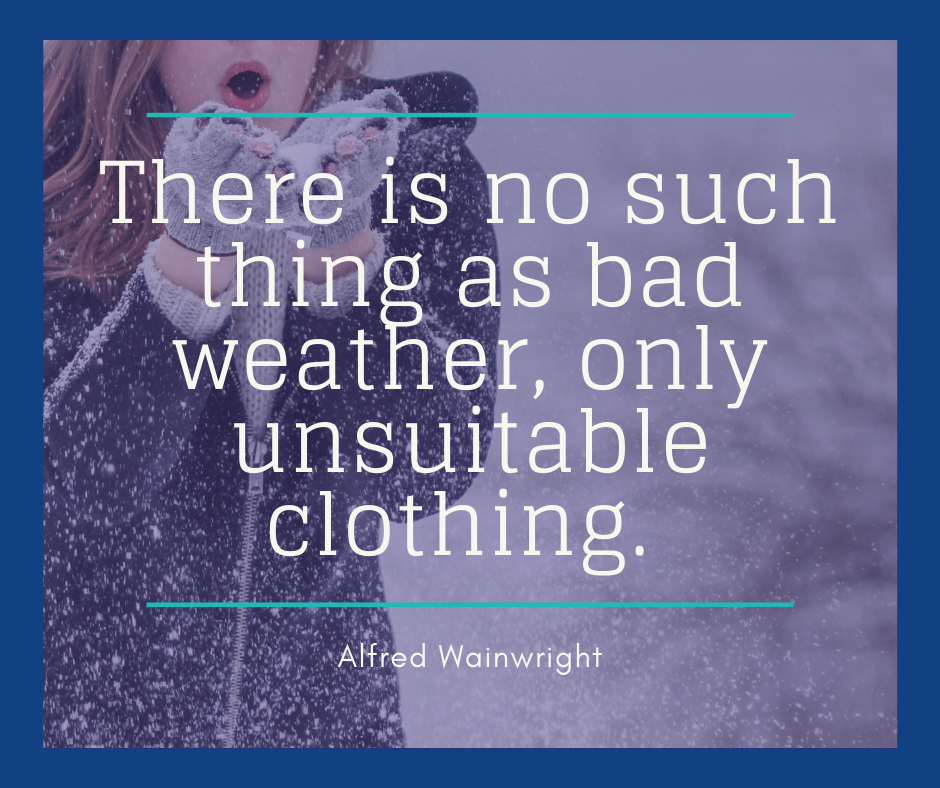
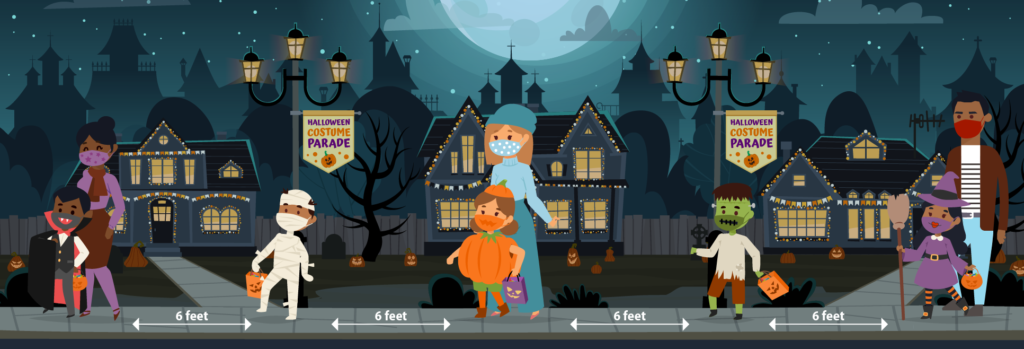
 Make trick-or-treating safer
Make trick-or-treating safer
 Wash your hands
Wash your hands